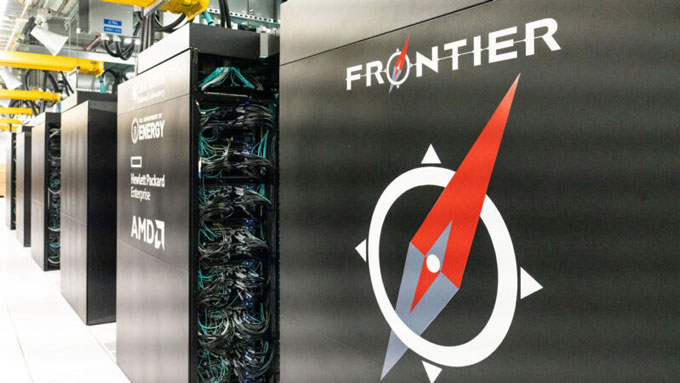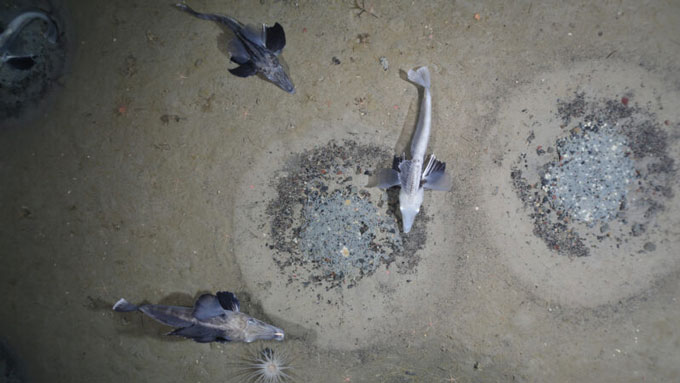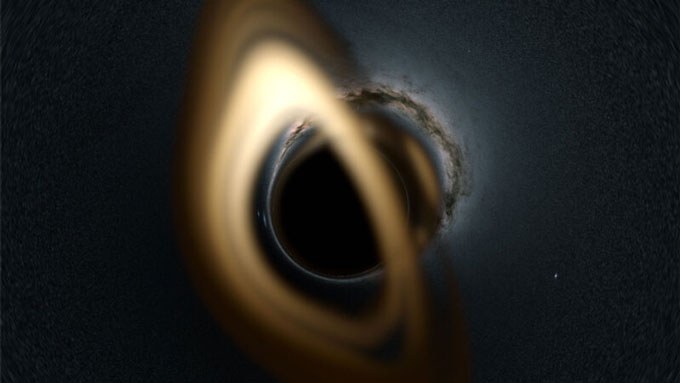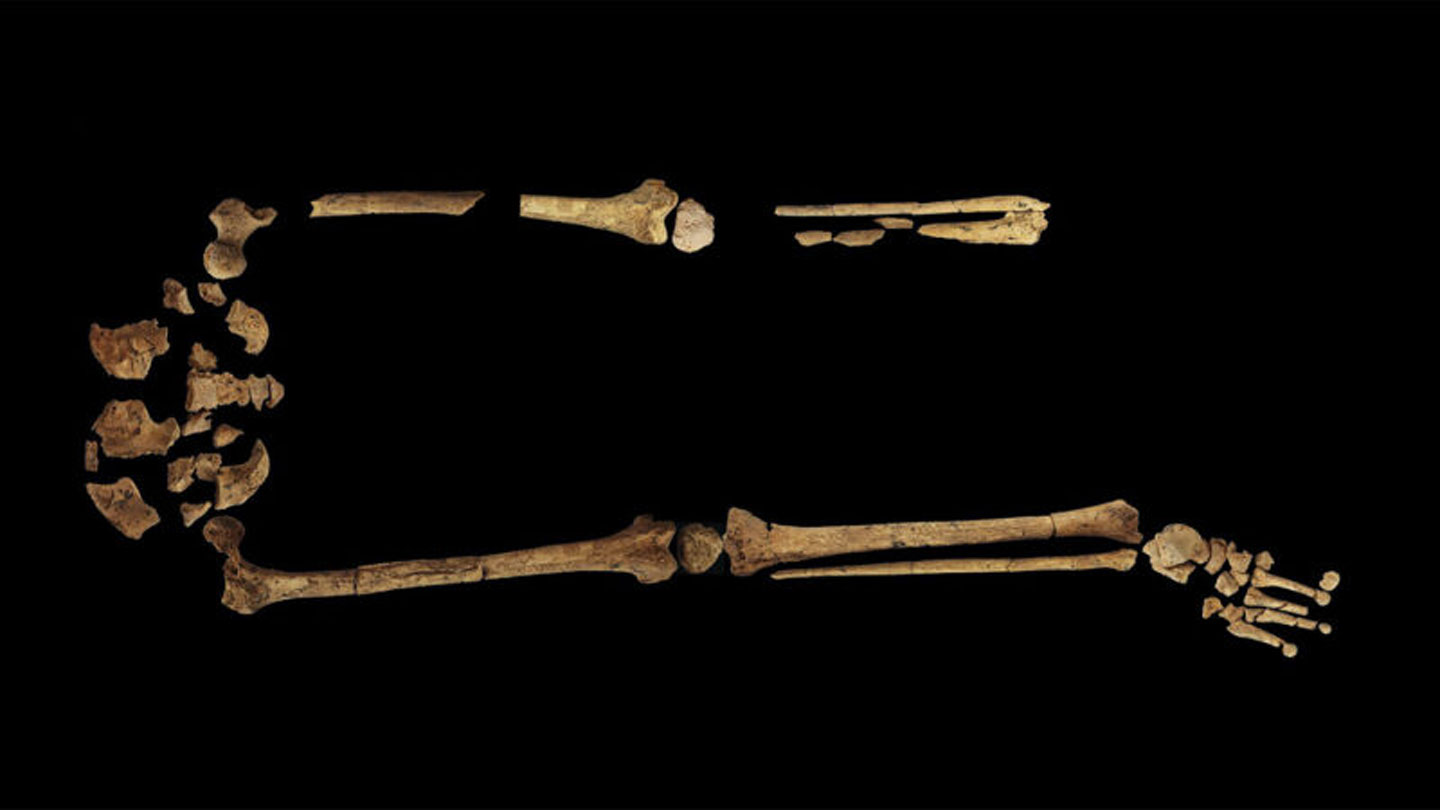New scientific records are set every year, and 2022 was no exception. A bacterial behemoth, a shockingly speedy supercomputer and a close-by black hole are among the most notable superlatives of the year.
Earliest surgery
The first known surgical operation was a leg amputation (SN: 10/8/22 & 10/22/22, p. 5). That’s the conclusion researchers came to after investigating the skeleton of a person who lived on the Indonesian island of Borneo about 31,000 years ago. Healed bone where the lower left leg had been removed suggests the individual survived for several years after the procedure. The discovery pushes surgery’s origin back by some 20,000 years.
Science News headlines, in your inbox
Headlines and summaries of the latest Science News articles, delivered to your email inbox every Friday.
Thank you for signing up!
There was a problem signing you up.
Biggest single-celled bacterium
Bacteria normally dwell in the microscopic world. Not Thiomargarita magnifica. Averaging about a centimeter long, this newfound bacterium is visible to the naked eye (SN: 7/16/22 & 7/30/22, p. 17). T. magnifica, which lives in the mangrove forests of the Caribbean’s Lesser Antilles, is about 50 times larger than other species of big bacteria and about 5,000 times larger than typical bacteria. Why this species evolved into such a giant is unknown.
Fastest supercomputer
A supercomputer named Frontier crunched numbers with mind-blowing speed this year: 1.1 quintillion operations per second (SN Online: 6/1/22). That makes the machine, run by Oak Ridge National Laboratory in Tennessee, the first exascale computer — a computer that can perform at least 1018 operations per second. The next fastest computer tops out at 442 quadrillion (that’s 1015) operations per second. Exascale computing is expected to lead to breakthroughs in everything from climate science to health to particle physics.

Largest fish colony
Deep off the coast of Antarctica, icefish congregate in a breeding colony as big as Orlando, Fla. Some 60 million nests of Jonah’s icefish (Neopagetopsis ionah) stretch across at least 240 square kilometers of seafloor (SN: 2/12/22, p. 12). Previously, nest-building species of fish were known to gather in only the hundreds. An abundant food supply and access to a zone of unusually warm water may explain the exceptionally large group.

Closest black hole
By sifting through data released by the Gaia spacecraft, astrophysicists discovered a black hole that’s just over 1,560 light-years from Earth (SN Online: 11/4/22). Dubbed Gaia BH1, it’s about twice as close as the previously nearest known black hole. But that record may not stand. About 100 million black holes are predicted to exist in the Milky Way. Since most are invisible, they’re hard to find. But when Gaia, which is precisely mapping a billion stars, releases its next batch of data in a few years, even closer black holes may turn up.















